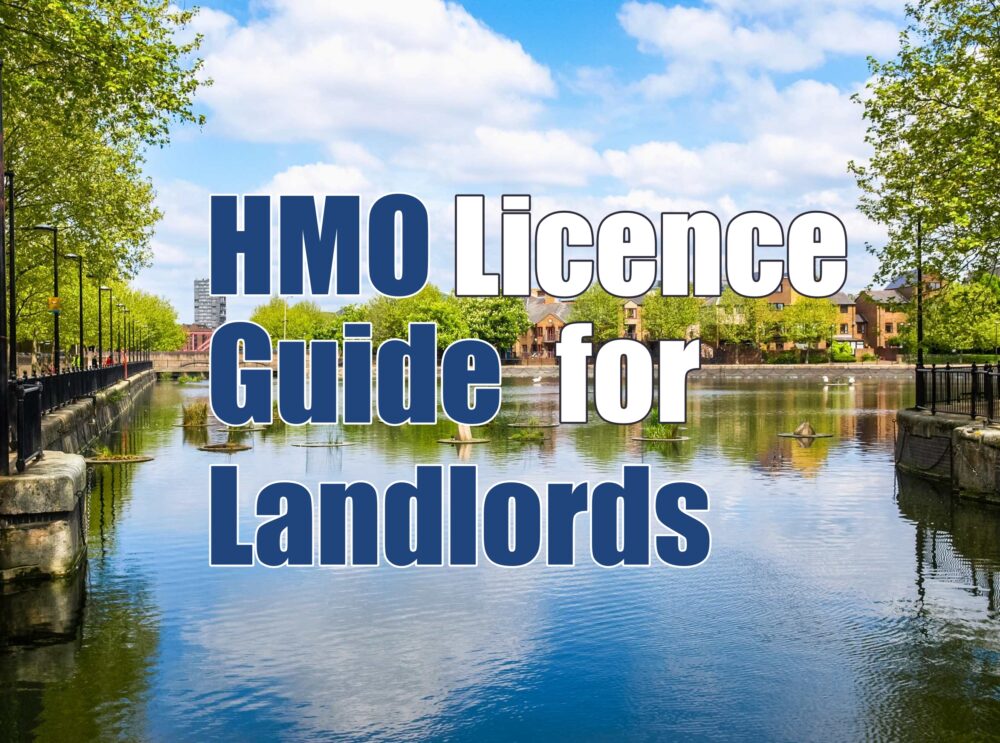At Alex & Matteo Estate Agents, we pride ourselves on staying ahead of the curve when it comes to the property market. As part of our commitment to providing the most up-to-date information, we’re delving deep into the HMO (House in Multiple Occupation) licensing changes set to take effect from November 2023. We sympathise with a number of our landlords who are not happy with these changes; however understanding these shifts is crucial for both landlords and tenants, ensuring compliance and the smooth operation of HMOs.

For many stepping into the world of property and housing, the term HMO might seem unfamiliar or even daunting. Let’s demystify it. HMO stands for House in Multiple Occupation, and as the name suggests, it’s all about properties where there’s more than just one household living under the same roof. Unlike the typical family home where one family shares all spaces, in an HMO, residents might have their own individual bedrooms but come together in shared spaces like kitchens, bathrooms, and sometimes living areas.
Over the past few decades, these HMO properties have seen a meteoric rise in popularity across the UK. There’s a mix of reasons driving this trend. Rapid urbanisation has seen more people flocking to cities and urban centres, leading to increased housing demands. Simultaneously, as university towns expand and student populations boom, there’s a pressing need for accommodation that’s both affordable and conducive to student lifestyles. Moreover, in an economic climate where property prices and individual rents have surged, HMOs present a more budget-friendly housing option for many, especially younger professionals and those just starting on their career paths.
But, as with any housing trend, there are challenges. As HMOs became more prevalent, concerns grew about the conditions of these shared living spaces. Stories began to emerge of overcrowded homes, substandard facilities, and even potential safety hazards. Recognising the urgency of the situation, the UK government stepped in, introducing licensing specifically tailored for HMOs. This wasn’t just a bureaucratic step. It was a move grounded in a commitment to ensure that even as housing dynamics shifted, the quality of living didn’t take a backseat. The licensing system was meticulously crafted to ensure HMO properties met stringent safety, welfare, and space standards. At the heart of this initiative was a singular, vital objective: to protect tenants. By implementing these standards, the government aimed to offer a robust safeguard against the risks of subpar living conditions and any looming hazards that might compromise tenant safety.
What’s Changing in November 2023?
Changes to legislation are often a response to the evolving nature of the property landscape. The updates coming in November 2023 reflect this adaptability. Key shifts include:
For landlords, it’s crucial to grasp these changes fully:
London’s SE1 and SE16 postcodes, encompassing vibrant areas such as Bermondsey, Southwark, Rotherhithe, Surrey Quays and Canada Water, have always been in the spotlight for their unique property dynamics. These areas, known for their eclectic mix of residential spaces, rich history, and proximity to central London, have seen a surge in rental demand over recent years. With the introduction of the new HMO licensing changes, there’s an anticipation of specific ripple effects in these postcodes:
Higher Demand for Licensing: Given the dense residential nature of SE1 and SE16, many properties might newly qualify as HMOs under the expanded definition. Landlords in these areas need to be especially vigilant about understanding the nuances of the changes.
Property Value Implications: Historically, regions that implement stringent property regulations often witness a stabilisation or even an increase in property values, as living standards and safety measures improve. For SE1 and SE16, this could mean an enhancement in the overall desirability of properties for potential renters and buyers.
For residents and property owners in SE1 and SE16, these changes aren’t just about regulations – they signify a transformative phase in the area’s property narrative.
For tenants, while these changes are largely beneficial, there will be some cases where tenants will then have a higher rent to pay.

The upcoming HMO licensing changes are significant. At Alex & Matteo Estate Agents, we’re here to guide both landlords and tenants through this transition. Our experts are on hand to offer advice, ensuring that the property journey, whether you’re renting out or residing, is smooth and compliant.
Alex & Matteo have been awarded by Southwark Council as Gold Members, so all landlords working with us could be entitled to up to a 50% discount on their licences.
Stay informed, be prepared, and as always, don’t hesitate to reach out to us for any property-related queries. Your peace of mind in the ever-evolving property landscape is our utmost priority.